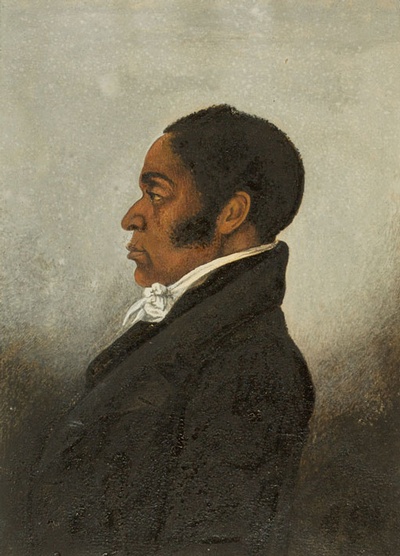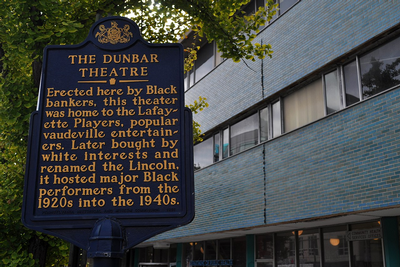August is National Black Business Month! Philadelphia is home to a wide array of Black-owned businesses, from art galleries to restaurants and so much more. Just how many Black-owned businesses are there in Philadelphia? In 2019, Pew Charitable Trust’s State of the City report put the figure at 2.5% of all Philadelphia businesses. However, Philadelphia Tribune later reported that Pew’s figures excluded sole-proprietor businesses, or those with no paid employees. Many Black-owned businesses fall into this category; when taking into account sole proprietors as well as larger businesses, the number of Black-owned enterprises in Philly could be as high as 25%–a huge increase! But that's still less than expected for a city that is 44 percent Black.
In 2020, PIDC and United Way of Greater Philadelphia and Southern New Jersey teamed up to explore the landscape for minority entrepreneurs in Philadelphia. Their report looked at some of the barriers facing the Black business community, from structural racism to the effects of COVID-19. Despite these challenges, the number of Black-owned businesses in Philadelphia continues to grow. In fact, Philadelphia has a long history of being a leader in Black entrepreneurship, with some historical businesses that had deep roots in their communities. One of the first Black business owners in the region was Revolution-era sailmaker James Forten (1766-1842). A free-born Philadelphian, Forten was an apprentice to another sailmaker, Robert Bridges. Following Bridges’ death, Forten took over the business and became one of the city’s wealthiest denizens.
As the Black middle class grew in the nineteenth and early twentieth century though the Great Migration, businesses sprang up to meet the community needs. Pierre Albert Dutrieuille, an immigrant from the West Indies, established his catering business in Philadelphia in 1873. The company catered to the elite of both Black and white communities. Pierre’s son Albert took over the business in 1917 and kept it running from his building at 40th and Spring Garden until his retirement in 1967. Another Black-owned business, the Dunbar Theater, was a flagship for what would later become Avenue of the Arts. Located at Broad and Lombard, the Dunbar was founded by two successful Black bankers, E. C. Brown and Andrew Stevens, Jr., who wanted to start a Black-owned theater that could entertain the community.
Just like their predecessors, today’s Black-owned Philly businesses provide resources and jobs in their communities, and contribute to the unique cultural landscape of the city. While the number of minority-owned businesses is still low in Philadelphia, some groups are looking to change this. Temple Small Business Development Center and SCORE Philadelphia are two Philly-based programs providing free consultations, workshops, and mentorship to small business owners. Looking for funding? SCORE has compiled a helpful list of Funding Opportunities for Black-Owned businesses! In order to be eligible for funding opportunities like these, it can be helpful to become certified as a minority-owned business. The City of Philadelphia has a guide for any minority-owned businesses interested in certification.
Of course, the Business Resource and Innovation Center (BRIC) at the Free Library is another free resource available to help Black enterprises flourish. Our Small Business Resource Guide is a great starting point for entrepreneurs and startups–it has everything you need to know about how our business librarians can assist you on your business journey. Stop by our co-working space at the Parkway Central Library and get started today!
Have a question for Free Library staff? Please submit it to our Ask a Librarian page and receive a response within two business days.


